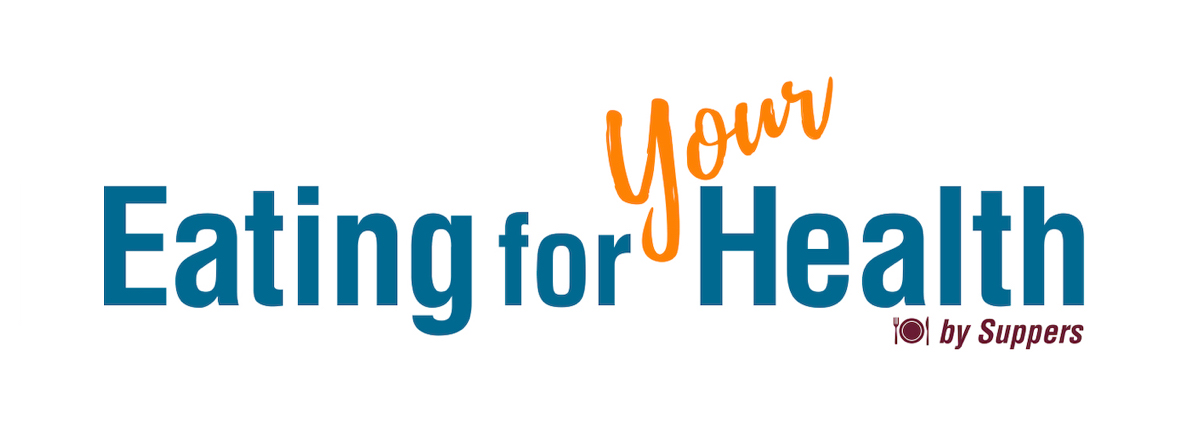Rob was age 11 and attending a private special needs school when our story begins. His diagnosis included ADHD -- combining impulsiveness and inattention -- sensory processing disorder, dysgraphia, dyslexia and more. He felt agitated and a little heart racing too, even on the lowest dose of his ADHD med. It was Concerta, and he had been taking it since age 7. He wanted to be off meds. He was upset that he was never hungry and also underweight. He was tired of people at school asking him why he didn’t eat his lunch.
I was concerned about the long-term side effects too, so when he begged me to not take the meds I agreed, with a condition that he take his vitamins and supplements more religiously and more fish oil. He was already taking supplements and using essential oils for focus and attention and brain health. He did ok for a little while but was so hungry it was impacting his schooling. He was constantly asking for breaks for food. His teacher figured out that he had stopped his meds.
I was not popular.
We needed a new plan. As a Suppers facilitator and natural born sleuth, I hear about people’s relationships with food all the time. I had recently found that dairy was a trigger for some of my health issues including gastric inflammation and distress. When I stopped eating dairy, my symptoms improved. I lost weight and my blood sugar stabilized. I wondered if maybe he was sensitive too. He was a huge milk drinker. There were only two breakfasts that interested him: cereal and milk, or nothing. His love of cereal and milk reminded me of my relationship with dairy, not just that we loved it but that it was hard to imagine life without it.
We took dairy products out of the house, no yogurt, milk, cheese. Rob was not happy. A lot of crying occurred and begging for chocolate milk and cheese. He said things like, “Please, I need to have some chocolate milk” and “You are so mean, I am going to run away if you don’t buy me some milk.” But we reminded him he needed to make these changes if he was going to be able to function and pay attention at school and home.
He agreed to try something other than nothing or milk and cereal. We decided on eggs cooked in coconut oil and/or paleo pancakes cooked in coconut oil and turkey bacon, bacon or sausage for breakfast. We implemented the new breakfast plan and within two weeks the teacher was convinced we had put him back on his meds. The teacher said, “It’s so strange he isn’t asking for food anymore. He isn’t hungry all the time, did he start his meds again?” That is how fast his behavior changed. She even noticed that if he had a typical school lunch of mostly carbs he was not able to focus in the afternoon. But if he brought from home chili or homemade chicken and rice soup for lunch he had a productive afternoon.
Rob is 12 years old now, and managing his ADHD so well that a few months after his diet changed he was returned to the school district’s regular middle school to start transitioning back to full time. It took four months. While I’m extremely grateful that a special placement was available to Rob, it also strikes me that it sure would be a lot more cost effective if the medical specialist and school administrators were aware of the deep educational consequences that food has on children’s brains. Teachers ought to get enough of an education in nutrition to see -- like ours did -- that some kids’ ability to focus is profoundly affected by specific foods. Plus, rooting out the cause of his spaciness addressed the real problem: inflammation. Removing milk from my son’s life made him educable.
